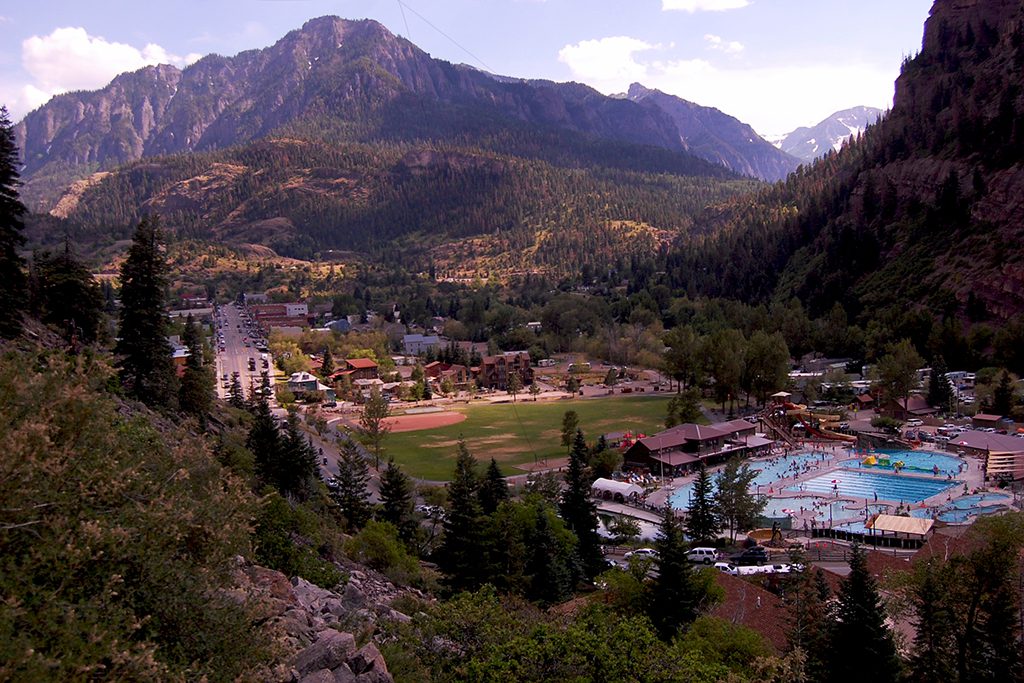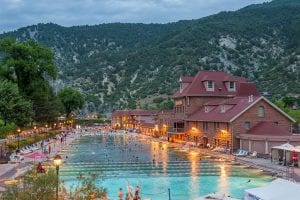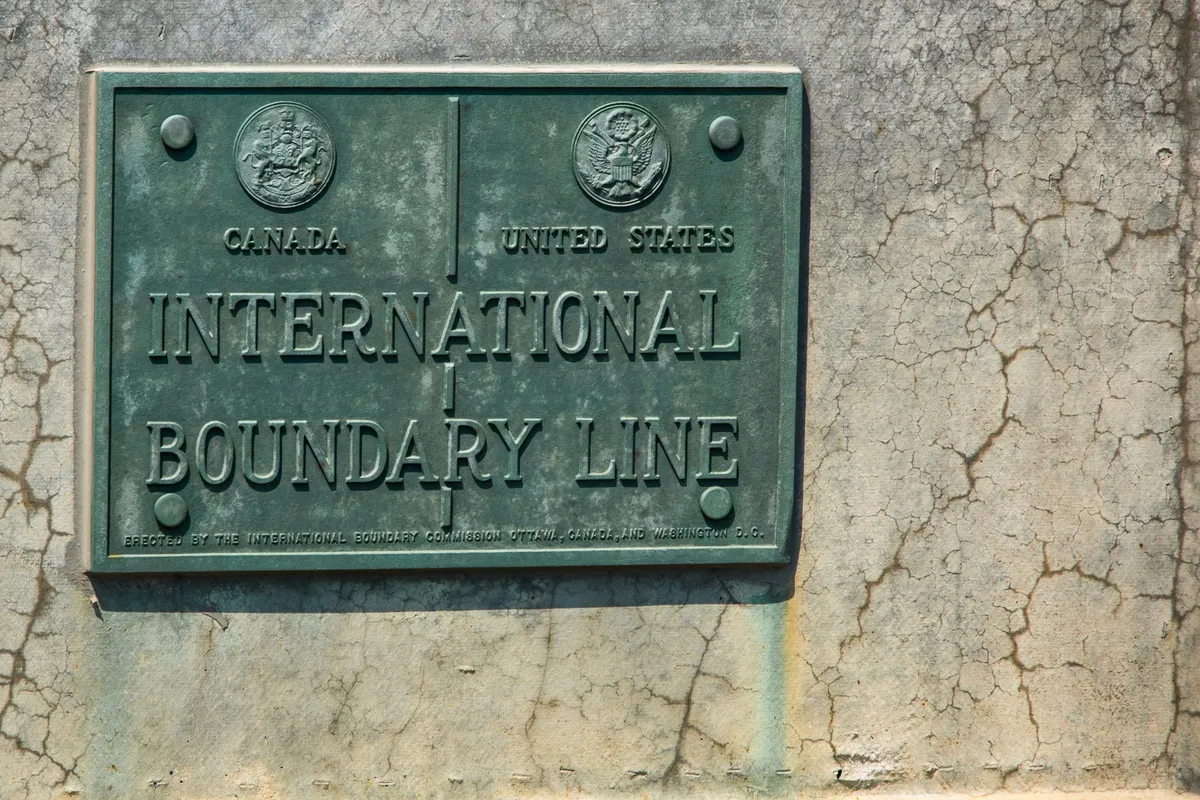Hot Springs as Wellness Destination Takes Hold in U.S.

Skift Take
Anxiety is on the rise in the U.S., and a steady stream of companies are trying to capitalize on that phenomenon. You have weighted blankets, CBD ointments, and calming meditation apps, all vying to become the must-have tools to help Americans on the go unwind — at a cost, of course.
Apps like Calm and Headspace have had some success, evidenced both by the number of downloads as well as partnerships with airlines, celebrities, and more. But the meditation app field is crowded, and smart developers are getting creative in how they seek to help people dealing with anxiety or other mental health issues.
The latest trend? Using gaming techniques to lower people’s anxiety levels. Apps like SuperBetter and Happify employ video game techniques to make dealing with mental health issues more approachable. You score power-ups when you choose healthy habits, engage in quests as you strive to meet your goals, and confront “bad guys” as things that keep you from reaching those goals.
It’s a novel concept — hey, just think about how Pokemon Go got people moving more. Still, some may find it makes light of serious conditions. The jury is out on whether these next-gen “digital therapeutic” apps appeal to a large enough audience to really take off.
In other news, those who have serious money to burn ($375 per month) can go in real life to The Well, a New York City wellness members club, which features a meditation dome among a host of offerings. It’s a steep price, especially when apps like SuperBetter come free.
While The Well aims to take the urban spa to the next level with its social club concept, there's also a growing movement to reframe the destination spa experience. Retreating to mineral-fed hot springs is an ancient wellness ritual, but in the United States, travelers more typically view it as a recreational activity. That's changing, thanks to a couple of key players who are laying the groundwork to professionalize the industry. Read Skift contributor Laura Powell's story below to learn more.
For feedback or news tips, reach out via email at lb@skift.com or tweet me @lesliebarrie.
— Leslie Barrie, Wellness Editor
Featured Story

The pool at Glenwood Hot Springs Resort in Glenwood Springs, Colorado. Photo: Glenwood Hot Springs Resort
Why the Hot Springs Movement Is Gaining Steam in the United States: The ancient Greeks did it. So did the ancient and not-so-ancient Romans, Japanese, and Chinese. Heck, even some of the founding fathers of the United States did it too. But despite its illustrious past, the idea of taking the waters has never really caught on in the United States, until now. Hot springs could be on the verge of a major wellness moment.
More Travel
Resorts Find Ways to Push Tech-Free Travel: Resorts are getting creative over ways to coax guests to go tech-free. Some may confiscate cell phones or purposefully block Wi-Fi. Mirival is taking a different approach and giving guests a sense of FOMO by reminding them of all the fun activities they could be doing — like desert zip-lining or a floating massage — instead of staring at their cell phones. It’s a nice tactic in theory but may underestimate guests’ tech addictions.
Body & Mind
Mental Health Apps Attempt a Gaming Makeover: The most popular mental health apps on iTunes right now focus on meditation and relaxing while others connect patients with mental health professionals. Increasingly, though, mental health apps including SuperBetter and Happify are using gamification to lower users’ anxiety levels (for example, talking to someone counts as a “power up”). Some may find these apps make managing anxiety more fun, but others may feel they trivialize such issues.
The Well Is New York’s Latest Wellness Club: A newcomer to the wellness members club, The Well features myriad offerings housed in a two-story space in the Flatiron District. There’s a meditation dome, spa, library for lectures and meetings, and steam and sauna rooms, along with a mindful movement studio and space for personal training. While the amenities may seem endless, that could overwhelm clients who just want a place to work out and rehydrate with green juice.
Athleisure
SoulCycle Wants to Become an Athleisure Brand: With at-home spin giant Peloton dominating the headlines (despite a less-than-stellar IPO), brick-and-mortar spin studios are looking for a way to stay in the game. Soul Cycle, for one, is trying to expand as a direct-to-consumer athleisure brand. It now has an in-house product team and is partnering with Instagram to sell its wares. It’s smart to diversify, but after the recent Trump-fundraiser scandal, it’s questionable if enough people will want to sport the Soul logo.




